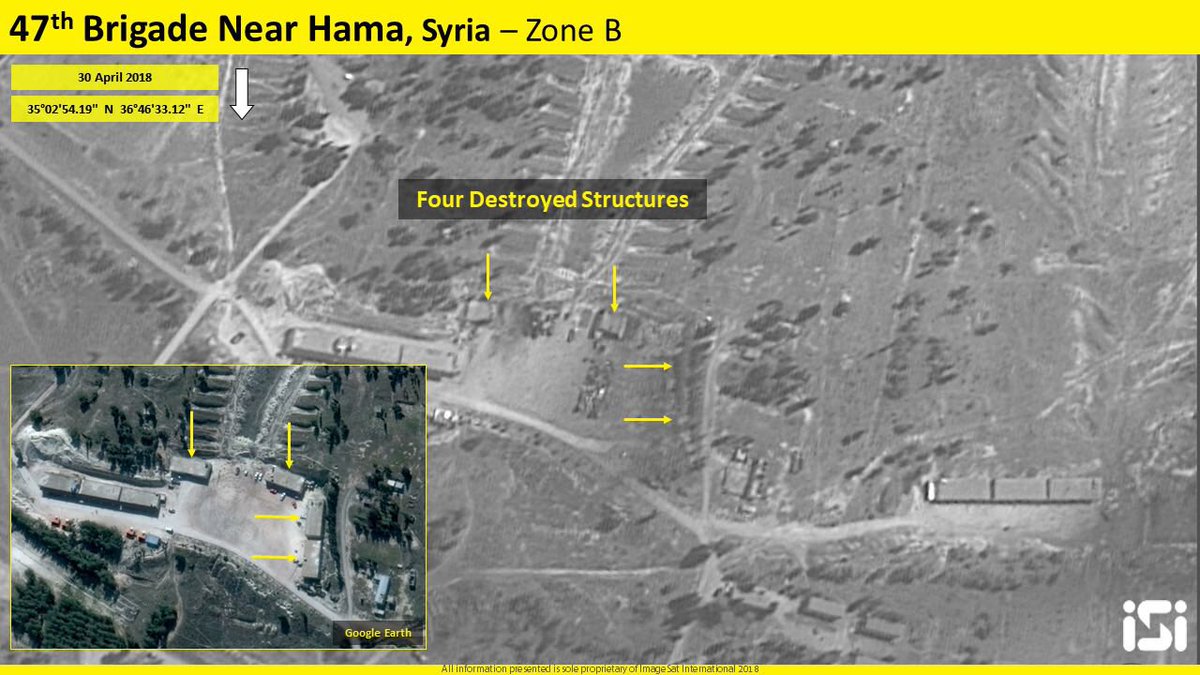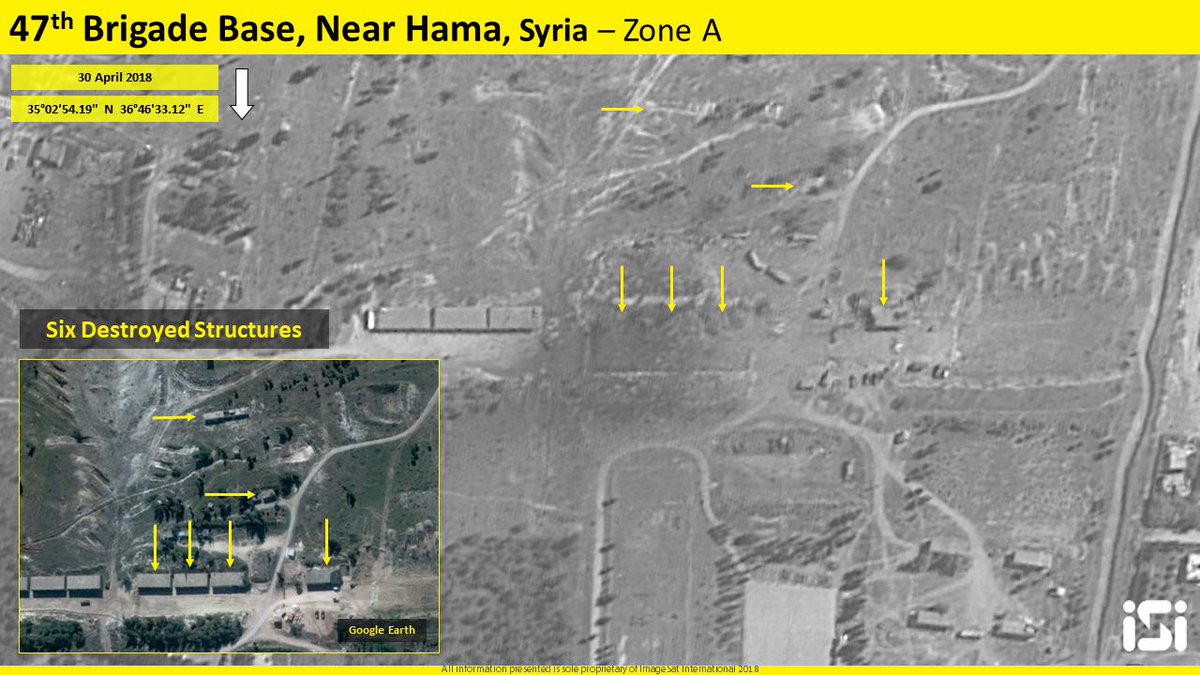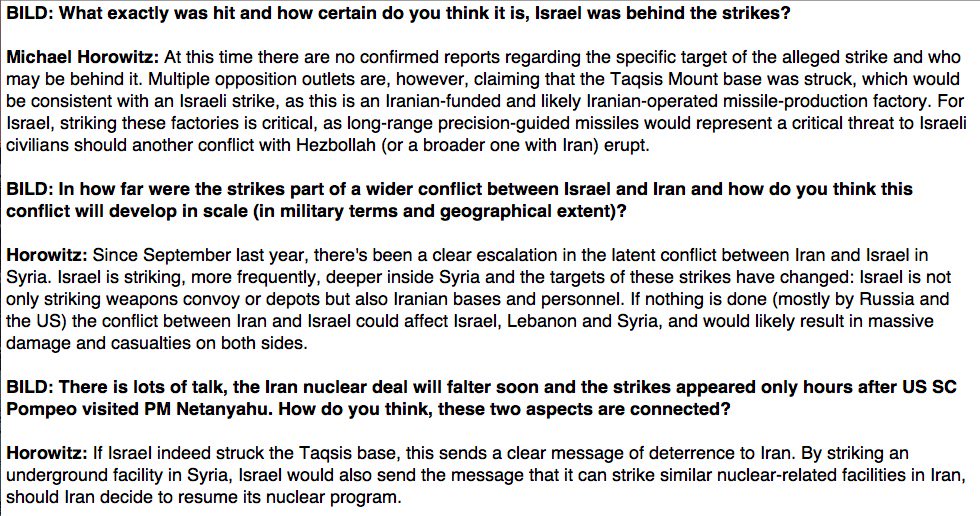After suicide bombers attacked the USS Cole 17 years ago, this young Navy SEAL from Wisconsin would have gladly risked his life on a mission to snatch someone suspected of plotting the attack that killed 17 U.S. sailors.
Now, the former SEAL sits in the war court with the man accused of orchestrating the bombing that killed his shipmates. And Navy Lt. Alaric Piette, 39, is navigating a different kind of treacherous assignment.
Piette, a lawyer for just five years, is the lone attorney in court representing Saudi captive Abd al Rahim al Nashiri, whose long-serving death-penalty defender and two other civilian lawyers quit the case over a clandestine ethical conflict. So across two weeks of court hearings, Piette has answered the trial judge’s instruction to litigate by arguing that until a new capital defender is found, the case cannot go on.
“When military attorneys are assigned to these cases, people just expect us to go along and roll over. And I’m not going to,” Piette said in an interview at the end of a week in which the judge sentenced the Marine general overseeing the defense teams to 21 days confinement for letting Nashiri’s civilian lawyers quit.
Piette was one of the last military attorneys hired on the team led by Rick Kammen, the 71-year-old capital defense attorney from Indiana who for years led a constantly changing cast of military lawyers with a kangaroo pin on his lapel to express his contempt for the war court system.
Their courtroom style is a study in contrasts.
Where Kammen wore a kangaroo pin, Piette wears the coveted trident of a SEAL, the elite Navy unit whose slogan is “the only easy day was yesterday.”
Where Kammen was confrontational in both words and attire, Piette has been nothing but courteous, even as he has explained again and again that he must sit mute alongside Nashiri, litigate no motions and question no witnesses until a qualified death-penalty defense attorney arrives in court.
Nashiri, 52, is accused of orchestrating al-Qaida’s Oct. 12, 2000, bombing of the Cole while it was on a resupply mission off Aden, Yemen. Two men pulled alongside in an explosives-laden skiff, ostensibly to collect the ship’s garbage, then blew themselves up.
Nashiri was captured in Dubai in 2002 and held for four years in the CIA’s Black Sites, where he was waterboarded, rectally abused and subjected to other torture techniques. He was first charged at Guantánamo in 2011, five years after his arrival. All those circumstances have caused delays in getting him to trial.
After a clearly frustrated lead prosecutor Mark Miller fired off an invective against defense lawyers — accusing the Marine general in charge of “obstruction” and the civilian attorneys of adopting a “scorched-earth strategy,” and calling Piette “a potted plant defense” — the soft-spoken Navy lieutenant responded with this:
“What I am asking — the only reason I’m up here now — is to ask the courts, when they’re looking at this on the record, to look deeply and without the hats of cynicism and understand that everybody here cares about justice and getting to the truth.”
Kammen spent years overtly salting the record with asides for a post-conviction appeal in civilian courts. With that remark, Piette did the same.
The contrast doesn’t end there. Kammen started practicing law seven years before Piette was born in Wisconsin to a family of Belgian ancestry. Kammen says he has defended about 40 capital cases, none ending in a death sentence, and has never voluntarily left one before. Kammen handled his first capital case before Piette was in first grade.
Piette has worked on none.
But on one issue they are in agreement: Something secret has gone on at the prison to make it impossible for any defense attorney to trust in the confidentiality of privileged attorney-client conversations. And because it’s classified, neither Nashiri nor the public can know precisely what it is.
Piette says he has the same ethical conflict as the three lawyers who quit: He can’t carry on confidential conversations with Nashiri, and can’t provide the Saudi with a classified explanation. But he has stayed on the case in part because, as a military attorney, it took him longer to get an ethics opinion through Navy channels. By then, Kammen and fellow civilian defenders Rosa Eliades and Mary Spears had all resigned.
“The only reason I think I can stay on right now is because I view my scope of representation as limited solely to getting him a learned counsel, and making sure that his rights aren’t violated while he doesn’t have learned counsel,” Piette said. “I am not representing him on substantive matters for the trial.”
Now, he said, he has a duty to represent Nashiri — not by arguing motions or filing new pleadings but by helping him find capital counsel.
Only after that person is found, gets top secret clearances, reads the record, and finds out about the classified confidentiality problem, might that attorney decide whether he or she is ethically bound to quit the case as well.
The trial judge, Air Force Col. Vance Spath, meantime has been hearing from witnesses on potential trial evidence — basic litigation, as the judge sees it, that any lawyer with court-martial experience can handle.
“Death is different,” says Piette. Last week he responded to every opportunity to argue or cross-examine witnesses by saying the defense has no position because no learned counsel is in court. Spath, who at one point considered holding Piette in contempt, replied on Friday: “There is a position and a strategic decision from the defense and the defense community.”
Three more military defense attorneys are waiting in the wings — two from the Air Force, the other a Marine. None is death-penalty qualified. But, to Spath’s annoyance, Piette sits there alone.
“I think Colonel Spath, whom I have a lot of respect for, is in a bad position,” Piette said, explaining that the Manual for Military Commissions gives the chief defense counsel authority to hire and fire. That authority exists in “no other court in the United States,” he said.
In other U.S. courts an attorney of record must go before a judge to be released from a case. Spath argues his power is the same.
So much so that, after Marine Brig. Gen. John Baker, the chief defense counsel for military commissions, refused to return Kammen and the other civilian attorneys to the case, the judge found the general in contempt of the war court and ordered him confined to his quarters in a trailer park behind the court for 21 days. A senior Pentagon official suspended that sentence after 48 hours.
Piette got to the case in April and only got a clearance to begin seeing classified material in June.
But he said that even while he was a junior lawyer representing sailors accused of housing allowance fraud, he followed Guantánamo’s USS Cole case. Navy colleagues and mentors had served as defense attorneys at the military commissions.
Tom Clancy novels, Michael Bay movies and a shadowy terrorist named Osama bin Laden drew him to the SEALs from high school, Piette said. By his account, he didn’t really know anything about al-Qaida but from the news, but he was well aware of the “audacious” Feb. 26, 1993, first World Trade Center bombing and enlisted four years later.
After six months of indoctrination and Basic Underwater Demolition SEALS training, he was assigned to SEAL Team Two.
“I had joined the Navy because I thought there was this covert war on terror going on,” he said. “I thought it was clear, if they’re willing to do that, they’re not going to stop. So we must be fighting this war out there, that’s a secret nobody knows about. And I wanted to be part of that; thought that would be cool.”
He felt that even more so after the bombing of the USS Cole. “I thought after the Cole happened that we were going to go to war and start doing the things I came in to do. We didn’t. Not until after September 11th.”
Piette says that he never saw combat as a SEAL and never fired a shot outside training, and his missions were mostly “recons” and the occasional “snatch and grab” in Kosovo, a hot area of commando activity at the time. He didn’t know much about who the targets were, but says he believes they were mostly weapons smugglers who were ultimately let go.
Had his team been ordered to snatch someone suspected of being the USS Cole bomber, Piette “would’ve been happy to do it,” he said. “Whoever did this killed my fellow sailors. I would’ve been eager to do it.
“I actually had to have a friend talk me down about my anger about the issue. He said, ‘Look, it’s upsetting but at the same time that’s why we’re here, that’s why we wear the uniform. So we’re the targets.’ ”
Truth be told, he said, had a target ever been identified for a snatch-and grab, that assignment would have no doubt gone to SEAL Team Six, the best of the best. But none was.
It was only after he left the Navy, got a bachelor’s degree at Old Dominion University and went on to study law at Georgetown that he began to think hard about defendants and due process.
He said he studied law “intending to become rich,” and pay for his degree. But at a Georgetown legal clinic he found his calling in criminal defense. If the Public Defender Service for the District of Columbia had accepted his application, he said, he never would have turned to the Navy Judge Advocate General’s Corps.
In his five years as a naval officer, he has tried 15 cases to court martial verdict. Probably the most serious crime he handled was a sailor accused of attempted murder. Piette, who got it reduced to battery, called it classic prosecution overcharging.
But he says he’s learned a lot from his clients — about human struggle and consequences — and to distrust career prosecutors, whom he describes as “often arrogant and smug.”
“Prosecutors tend to be so judgmental and dismissive of these human beings and think that people make out these well thought-out deliberate choices. It’s just people, living.”
Now the lone defense lawyer in court, he said his time as a SEAL is serving him well. “Sometimes I miss parts of it but I’ve found my calling as a criminal defense lawyer.” Being in the teams taught him “the paramount importance of disciplined and thorough preparation.”
It sounds nerdy, perhaps dull — not exactly fodder for an action thriller. But this is a man who points to his favorite part of the SEAL code as this: “Excel as warriors through discipline and innovation.”








